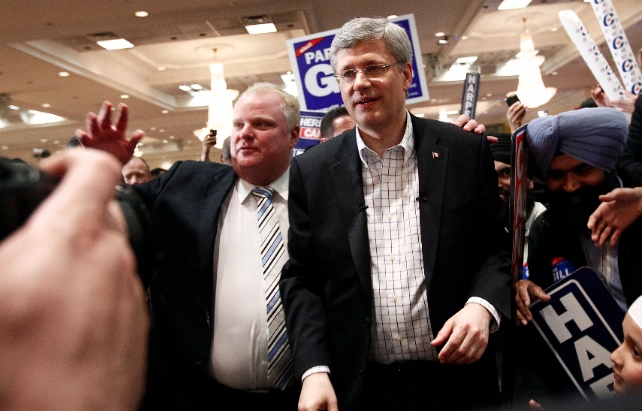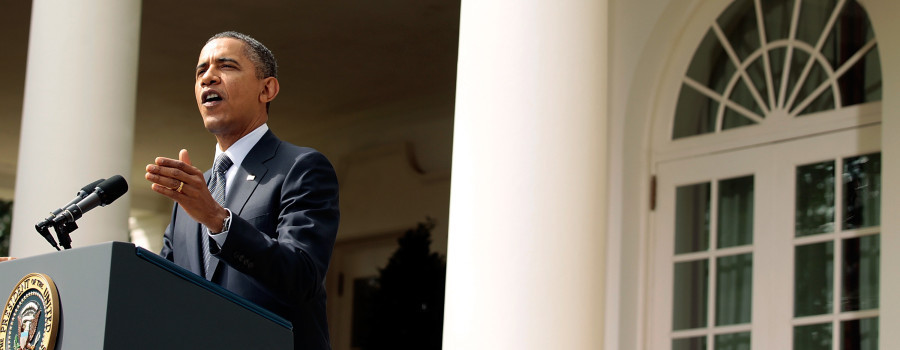
Shared agenda or not, opportunism and power trump all in politics.
If you have teenagers, you might have heard about BFFs (best friends forever) and FWBs (friends with benefits). If you haven’t, it’s probably because your kids have learned to text discreetly with PIR (parent in room). These are important terms to learn – not only because they can help you understand your teens, but also because they provide key insight into the relations among politicians.
Relationships are as essential for politicians as for teens. In Canada, little can get done by a single person or level of government. Like teen relationships, the political kind tend to fracture when one partner feels the commitment offered by another partner is not equal to his or her own efforts or investments. The other partner either cares too little about the relationship or cares too much and becomes a burden to have around.












